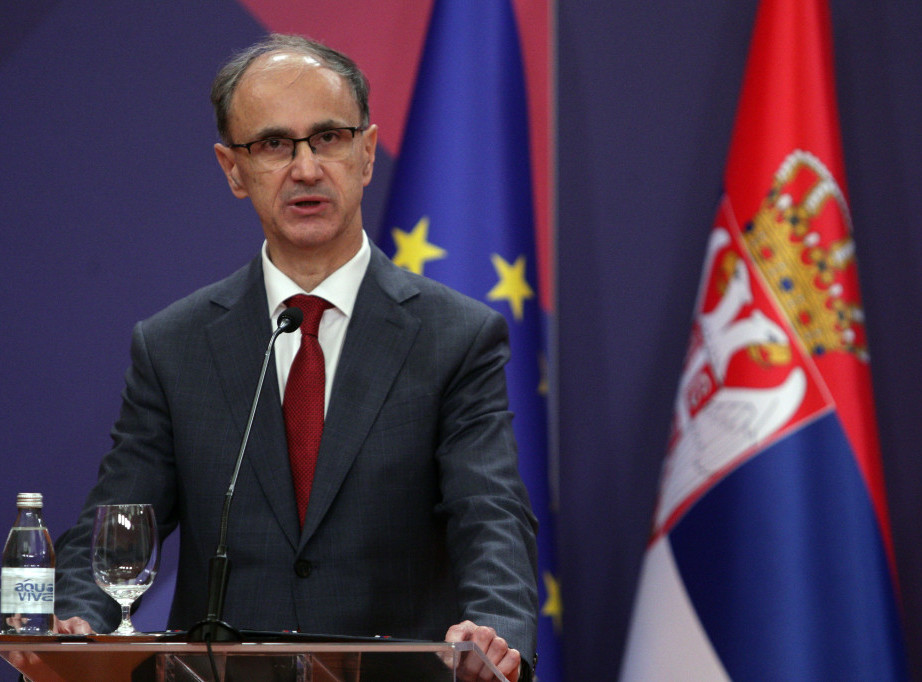The idea of Canada joining the European Union, while currently legally nearly impossible, carries significant symbolic weight and opens a debate on future transatlantic relations. The proposal by German MEP Joachim Streit sparked discussion about possible Canadian membership as a response to instability in the US under Donald Trump. Experts note that Canada meets the political and institutional criteria of the EU, but there are serious legal and institutional obstacles, including the need for unanimous consent of all member states and possible referendums. While full membership is unlikely, the idea has symbolic value and could prompt a redefinition of transatlantic alliances and strengthen strategic partnership between the EU and Canada. Public opinion in Canada is divided, with significant support for the EU but less enthusiasm for membership. Many experts suggest alternative cooperation models instead of full membership.
Political Perspectives:
Left: Left-leaning sources emphasize the symbolic importance of the proposal and the potential for redefining transatlantic relations based on shared democratic values, human rights, and multilateralism. They highlight the political response to US instability and the opportunity for stronger partnerships beyond traditional frameworks.
Center: Centrist sources focus on the legal and institutional challenges of Canada joining the EU, noting the current treaties restrict membership to European states. They present expert opinions on the feasibility, the need for unanimous consent, and the complexity of such a process, while acknowledging the strategic importance of closer EU-Canada relations.
Right: Right-leaning sources tend to stress the impracticality and legal impossibility of Canada’s EU membership under current rules. They may view the proposal as largely symbolic or utopian, emphasizing national sovereignty, legal frameworks, and the challenges of integrating a non-European country into the EU structures.
































































